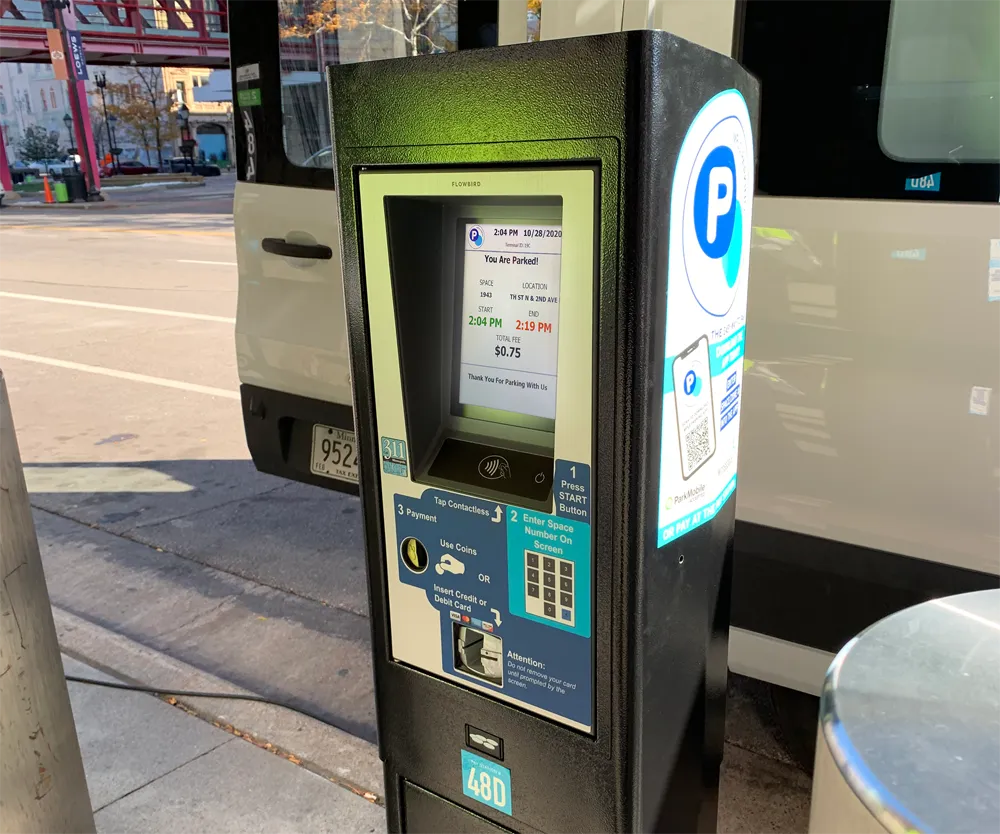
The author of an influential work on the economics of parking has suggested that world-famous board game Monopoly should do away with its 'Free Parking' square.
Donald Shoup, professor of urban planning at University of California, Los Angeles (UCLA), says the square risks reinforcing misconceptions in players from an early age about the true cost of parking.
He wrote seminal book The High Cost of Free Parking and argues that on-street parking in effect gives away for free some of the most valuable land in a city.
He suggests that Monopoly's Free Parking space should be named Paid Parking to encourage a more realistic attitude towards something that's often taken for granted.
In an interview with ITS International he explained: "Children first learn about free parking, cities and the economy when they play Monopoly."
"When they land on another player’s property, they learn about being tenants. When they land on a property they have bought, they learn about being owner-occupiers. When another player lands on their property, they learn about being landlords."
"When they take out mortgages to build houses, they learn about investing. When they remove houses to build hotels, they learn about urban renewal. Finally, they learn about bankruptcy because the game ends when every player but one is bankrupt."
However, he says, one thing in the game does not add up: the probability of landing on Free Parking is the same as landing on Go To Jail.
"Most children don’t go to jail when they grow up, but almost all of them will park free when they get real cars because parking is free to the driver for 99% of all automobile trips in the US," he adds.
Shoup accepts that no-one wants to pay for parking - including him - but insists that cities should not be planned around free parking.
"Almost all parking is free to the drivers, but the cost doesn’t go away just because the driver doesn’t pay for it," he points out.
"The cost is shifted into higher prices for everything else, and even people who cannot afford a car pay indirectly for the free parking."
He says the US now has more parking space per car (at least 900 square feet) than housing space per person (about 800 square feet).
"And all the free parking greatly increases the amount of driving, which congests traffic, pollutes the air and contributes to global warming," he concludes.
The full interview will be in the November-December edition of ITS International









